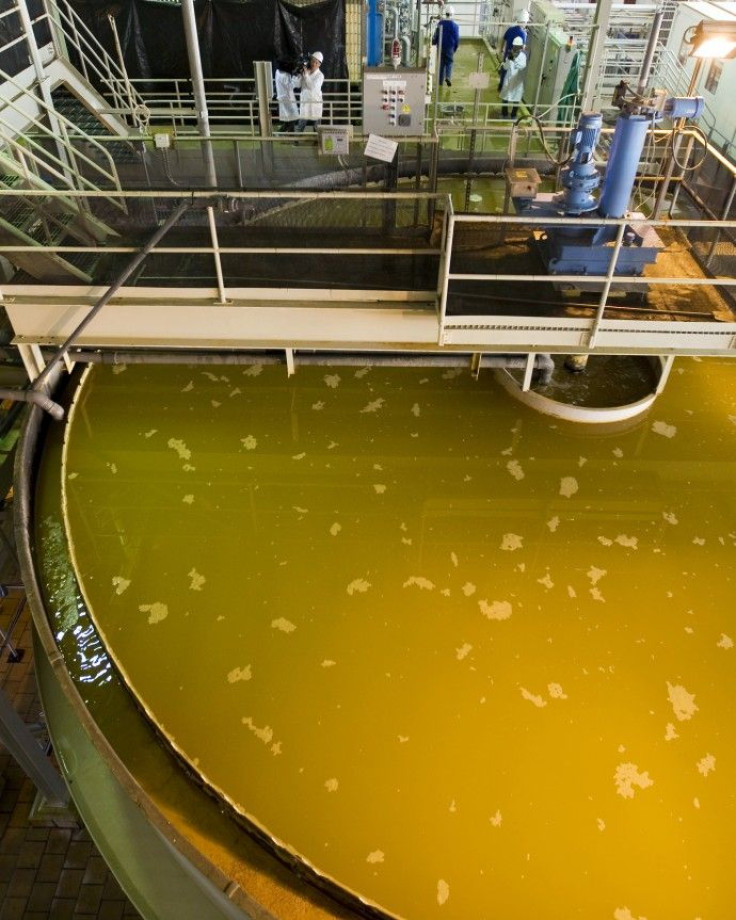Russia says awaiting Iranian response on fuel swap

Global powers seeking to ensure Iran does not develop nuclear weapons are still hoping for a response from Tehran to a fuel swap proposal seen as a step towards ending the persistent standoff, Russia said on Thursday.
Talks in Istanbul last week between Iran and six nations wrangling with Tehran over its nuclear programme ended without concrete progress on the latest incarnation of a proposal to provide the Islamic nation with uranium fuel for peaceful use.
The powers -- Russia, China, Britain, France, Germany and the United States -- want Iran to send much of its enriched uranium abroad in exchange for fuel for a Tehran reactor that makes medical isotopes.
Russian Foreign Ministry spokesman Alexander Lukashevich said a revised fuel swap proposal, presented to Iran in Istanbul, could create the atmosphere of trust needed for more productive dialogue.
Now we are waiting for some reaction from Iran, he said.
The fuel swap idea, first proposed in 2009, is aimed at preventing Iran accumulating enough nuclear material for a weapon while enabling talks on a broader solution to proceed.
Iran denies it is seeking nuclear arms and has pressed ahead with uranium enrichment despite a series of U.N. Security Council sanctions over its nuclear activities.
Lukashevich did not describe the revised proposal in detail. During the January 21-22 talks in Istanbul, a Western diplomat said it called for Iran to send 2,800 kg of low-enriched uranium (LEU) and 40 kg of higher-grade material abroad.
Iran entered the talks indicating it would not move far, if at all, beyond a previous proposal under which it would send 1,200 kg of LEU abroad. The six powers say that is no longer enough because Iran's stockpile of enriched uranium has grown.
Lukashevich said the Istanbul talks had given the sides a better understanding of each other's basic positions.
Iran must fulfil all demands set out in (U.N. Security Council and U.N. nuclear agency) resolutions, but at the same time it must see the prospects that open up for it if it takes additional transparency measures on its nuclear programme.
© Copyright Thomson Reuters 2024. All rights reserved.











